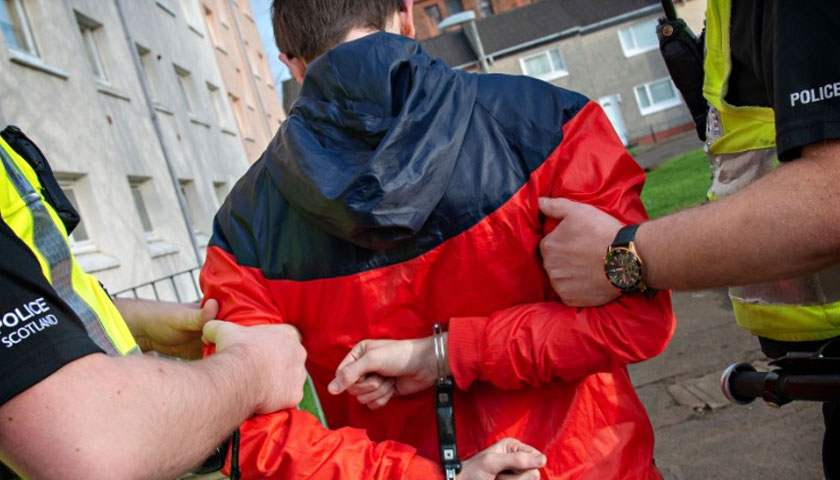A new collection of stock images on knife crime have been launched in an effort to reduce the use of graphic and sensationalised images in the media of young people.
The project, named ‘Taking Stock’, involved co-designing the images with young people with experience of offending. Young people looked at images currently used to portray knife crime. Their conclusion was that images used in the media were likely to scare children and young people, and did not seem to be realistic. They also believe that the only way to prevent knife carrying was to show young people the real consequence – getting caught.
The young people’s ideas were turned into a series of 16 photographs taken by photographer, Becky Duncan, a professionally trained photographer specialising in social documentary for the third sector.
To stand alongside the images, NKBL have produced a guide to reporting on knife crime for journalists. It gives those working in the media an insight into the NKBL prevention approach, as well as ideas to incorporate these into their reporting.
The project was inspired by successful third sector media campaigns like ‘One Thousand Words’ by Zero Tolerance and Scottish Women’s Aid.
Emily Beever, National Co-ordinator for NKBL at YouthLink Scotland commented:
“In the early days of NKBL, we used many images of knives and the consequences of knife crime. Over the past 10 years, the total number of crimes involving offensive weapons has reduced by 64% and we’ve learnt that the ‘fear factor’ might inadvertently increase the risk of young people carrying a knife.
We firmly believe the media can strengthen prevention work. By producing images that do not perpetuate stereotypes and carry the prevention messages of NKBL, we hope the media will begin to play a role in stopping knife crime in Scotland.”
Becky Duncan, Director at Open Aye C.I.C, said:
“Images can be powerful tools for positive social change. If we accurately reflect, then we can see the issues, and solutions, more clearly. I hope the variety of images NKBL are sharing get widely used. If we make communications more authentic, we can de-escalate the fear factor and prevent more young people feeling the need to carry knives.”
Humza Yousaf MSP, Cabinet Secretary for Justice, commented:
“It’s a big year for No Knives Better Lives as they celebrate their 10th anniversary and the Scottish Government is proud to have supported them over that period.
Young people are at the heart of what NKBL do and none more so than their ‘taking-stock’ project which was co-designed by young people who have been affected by knife crime.
Over the past year we have also seen the ‘Balisong’ play performed in every local authority across Scotland and I was moved by its powerful, hard-hitting message.
We have seen a large decrease in crimes involving offensive weapons over the past 10 years and these images have an important part to play in further reducing knife crime and weapons carrying among young people.”
